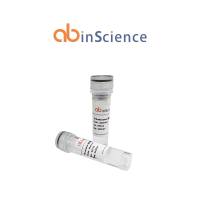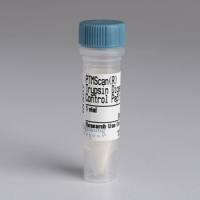Production of Cells with Targeted Integration of Gene Variants of Human ABC Transporter for Stable and Regulated Expression Using the Flp Recombinase
互联网
747
The vector-mediated introduction of cDNA into mammalian cells by calcium phosphate co-precipitation or permeation with lipofectamine is widely used for the integration of cDNA into genomic DNA. Such integration, however, of cDNA occurs randomly at unpredictable sites in the host’s chromosomal DNA, and the number of integrated recombinant DNAs is not controllable. To overcome this problem, we developed the Flp-In method to integrate one single copy of cDNA encoding the human ABC transporter ABCG2 into FRT-tagged genomic DNA. Examination of more than 20 metaphase spreads for both fluorescence in situ hybridization (FISH) mapping and multicolor-FISH analysis revealed that ABCG2 cDNA was incorporated into the telomeric region of the short arm on one of chromosomes 12 in Flp-In-293 cells. By using those cells, we investigated the effect of genetic polymorphisms and post-translational modifications of human ABC transporter ABCG2 on the protein expression and degradation. On the basis of our experience, it has been concluded that the Flp recombinase system provides a useful tool to quantitatively analyze the protein stability and endoplasmic reticulum (ER)-associated degradation of proteins like the ABC transporter. This system is also applicable for similar studies of the biogenesis of other proteins using the secretory pathway as well as proteins with other cellular localizations.









